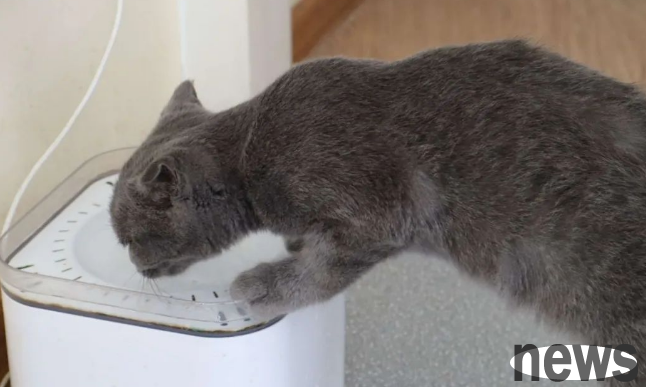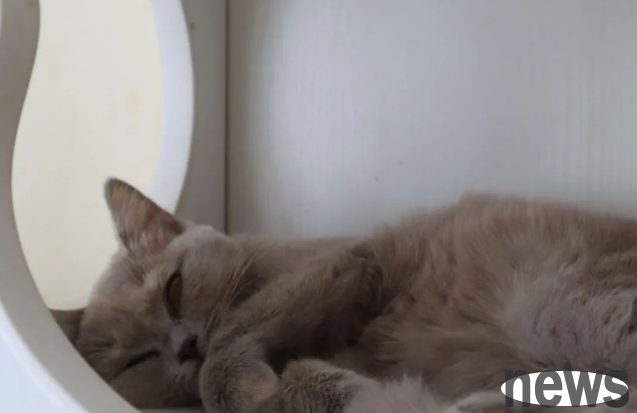Giving pets, especially cats, is not just a simple gift giving act, it involves many aspects such as life responsibilities, recipient acceptance, living habits and cultural background. 1. Understanding the sense of responsibility First of all, it is...
Giving pets, especially cats, is not just a simple gift giving act, it involves many aspects such as life responsibilities, recipient acceptance, living habits and cultural background.
1. Understanding the sense of responsibility
First of all, it is important to be clear that giving pets is a special decision, because it involves a living life and requires the recipient to be held responsible for for many years. A cat can live for more than ten years, so sending a cat must consider whether the recipient is capable, willing and has enough resources to take care of it for a long time.

2. It is very important to know whether the recipient really likes cats. Some people may not like or be unable to keep cats due to allergies, religious or other personal reasons. In addition, consider together with personal preferences, is their living environment suitable for raising cats? Do they have enough space, time and energy to take care of a cat?
3. Consider matching
If you confirm that the recipient does want to have a cat, the next step is to consider whether the cat's personality matches the recipient's lifestyle. For example, a cat that requires a lot of activities is not suitable for someone who travels frequently and rarely stays at home. Relatively, a gentle, resilient cat may be more suitable for busy urbanites.
4. Considering the health and breed of cats, it is crucial to choose a healthy cat without obvious health problems as a gift. Make sure the cat has been vaccinated, dewormed and has undergone health checks. Additionally, cats of certain breeds may require special care and attention and may not be a good option for inexperienced cat owners.
5. Pay attention to laws and regulations
Different places have different laws and regulations regarding the maintenance conditions for pets. Before giving cats as a gift, it is necessary to ensure that the recipient lives in the place where he or she lives and whether any special permits are required or specific regulations are followed.
6. Cultural considerations
In some cultures, cats have different symbolic meanings. For example, black cats may be considered unlucky in some places, while in others it may be a symbol of auspiciousness. Before sending a cat, these cultural factors need to be taken into account to avoid inadvertently violating the recipient's cultural habits or beliefs.

7. Preparatory Education
As a gift giver, you can consider providing the recipient with some basic knowledge of cat raising. For example, give them some books or materials on how to take care of their cats, or provide some cat-raising supplies, such as cat food, cat litter, cat claw board, etc., to help them start their cat-raising life better.
8. Avoid unnecessary surprises
Although surprises can often bring a happy experience, in pet gift scenarios, an unexpected surprise can become a burden. Make sure the other party knows and expects to keep a cat in advance. Such a "gift" is appropriate.
9. After-sales support
In order to ensure that the cat can settle down, it is very helpful to provide after-sales support for a period of time. Whether to provide troubleshooting, veterinary consultation or other help is a sign of your responsibility and care as a gift giver for the gift.
To sum up, giving a cat as a gift involves cooperation and full preparation. This is not only a consideration of the recipient, but also a manifestation of responsibility for the future of that little life. Before deciding whether to use a cat as a gift, think deeply about the above aspects and make sure the choices made are beneficial to all parties, especially the little life you intend to give away. Remember, keeping a pet is a long-term commitment that involves not only love, but also time, money and the correct attitude towards animals.